Brands and Lifestyle for Young Consumers | Luxe.CO Annual Sustainable Fashion Forum 2021
February 16,2021
Sustainability represents the lifestyle and attitude of the future, and this is especially true for younger consumers. Brand managers and senior executives often infuse their own unique consumer perspective into their operations.
In the third panel session, Luxe.CO invited Juliet Guo, founder of artistic cashmere brand Sandriver, Shen Yuan, brand director of professional yoga brand Manduka China, and Ayur Wu, co-founder of up-and-coming jewelry brand YIN.
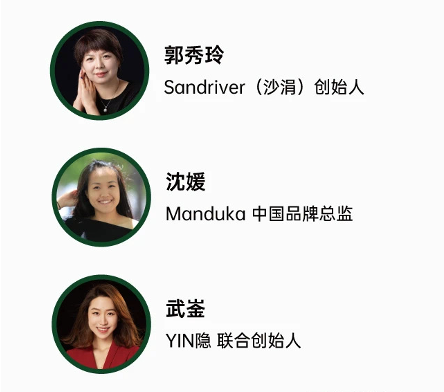
Q: Why does your brand/business go for sustainability? Whatтs the sustainable fashion DNA of your brand/business?
Juliet Guo at Sandriver: тIt is natural to carry the concept of sustainability throughout. With the support of the sustainability system, we have done many things that we had not done before. Sustainability is not a burden, but a push for another possibility. Over the past 30 years, sustainability, environmental protection and social responsibility have been in our DNA and deeply rooted in our culture.т
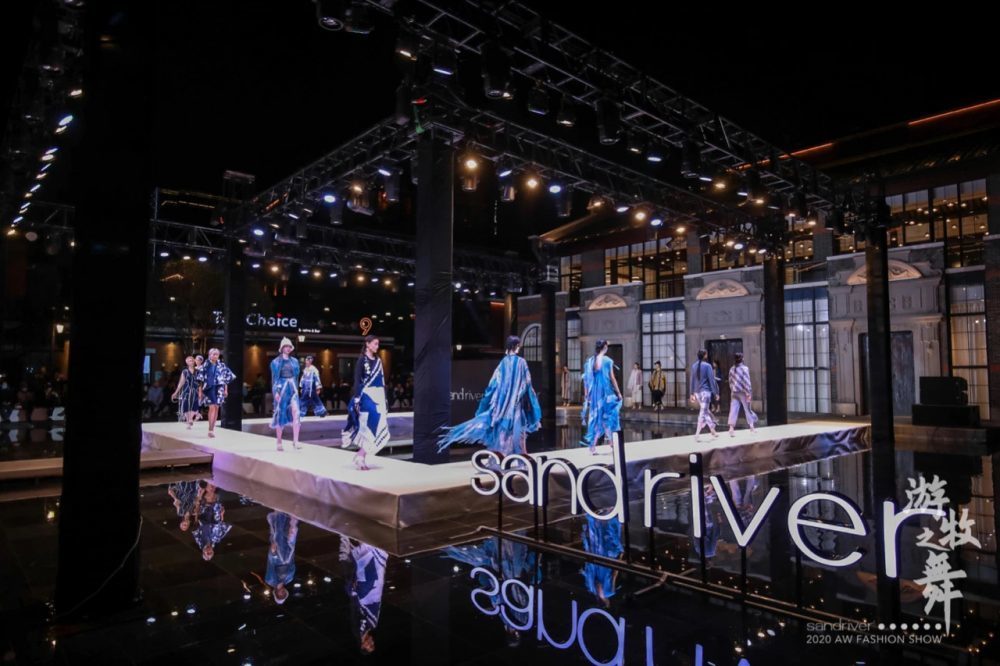
Above: Sandriver Autumn/Winter 2020 Fashion Show
Ayur Wu at YIN: тYIN was created to satisfy personal preference and needs, not to satisfy vanity. We wanted more consumers to discover a real emotional connection between themselves and the products they want to buy. The brand was set up with the intention of creating jewelry of a high enough quality for long-term wear, but without the high price tag of luxury goods."
Yuan Shen at Manduka: тBased on the yoga culture, Manduka has rooted environmental friendliness in the brand's DNA and has always been committed to reducing the impact of business on the environment. At the same time, consumers naturally care about the environment, the relationship between people and nature, and the relationship between people and objects. How to reduce the impact on the environment is a question that eco-friendly and sustainable brands should think about, as this is a systemic project for companies.т
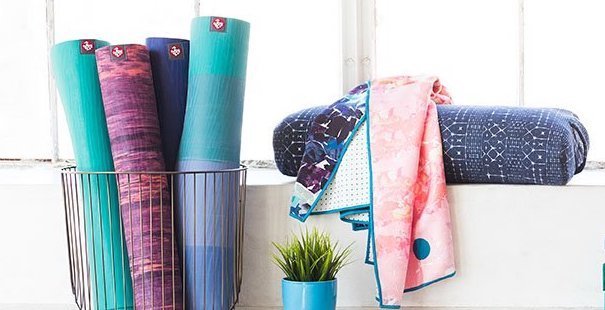
Above: Manduka yoga gear
Q: What are the advantages and disadvantages of practicing sustainable fashion as a Chinese brand/company?
Juliet Guo at Sandriver: тThe biggest advantage of Chinese brands is manufacturing. A strong supply chain, environmental protection concepts instilled constantly, and care for our customers and people is deep in the DNA of the brand at all times, and those are our advantages.
Having a major cashmere exporting country like China behind us is also our advantage. We have a long industrial chain and as long as we are sustainable, everyone in the whole chain will benefit. The disadvantages may be that Chinese brands are still weak internationally, and there are too few Chinese voices. But on the other hand, it may be easier for new Chinese brands to develop and they may move in a unique direction."
Q: Whatтs your take on consumersт lack of understanding of the higher price premium on sustainable fashion products and low degree of acceptance of products made from recycled materials?
Juliet Guo at Sandriver: тSandriver's recycling of used clothing is saving the life cycle of a product and reducing the wear and tear on materials. We want to convey to consumers the idea of treating such a precious product well, which will still be new in three or five years' time, and this sense of heritage and dedication has led to a significant increase in our customer satisfaction. I've never seen sustainability as something that is added on; sustainability doesn't cause additional cost increases, but rather savings, in a way."
Yuan Shen at Manduka: тProducts with sustainability as a label or selling point are relatively expensive due to the cost of selecting raw materials and certified factories, etc. I think brands need to communicate with and encourage consumers to look beyond just price and see the use value and life cycle of the product. From a brand person's point of view, I think the sustainable market needs to build up slowly, and we will make more efforts in the future in communicating with consumers.т
Ayur Wu at YIN: тI don't think sustainable products are necessarily expensive. YIN will look for ways to control costs within a manageable range during the production process, and in fact the factories we work with are willing to cooperate, but consumers are not willing to spend money on this at the moment, and this is something that still needs to be pushed forward slowly."
"From the beginning, we have had a lot of clashes with traditional ideas. When buying gold, Chinese people will look at the gram weight and the distribution channels, and do not associate it with recycling. In addition, Chinese people are sometimes reluctant to buy second-hand gold and silver products due to their traditional mindset, and the resolution of these consumer habit issues is something that the new brands will need to work on in the future."
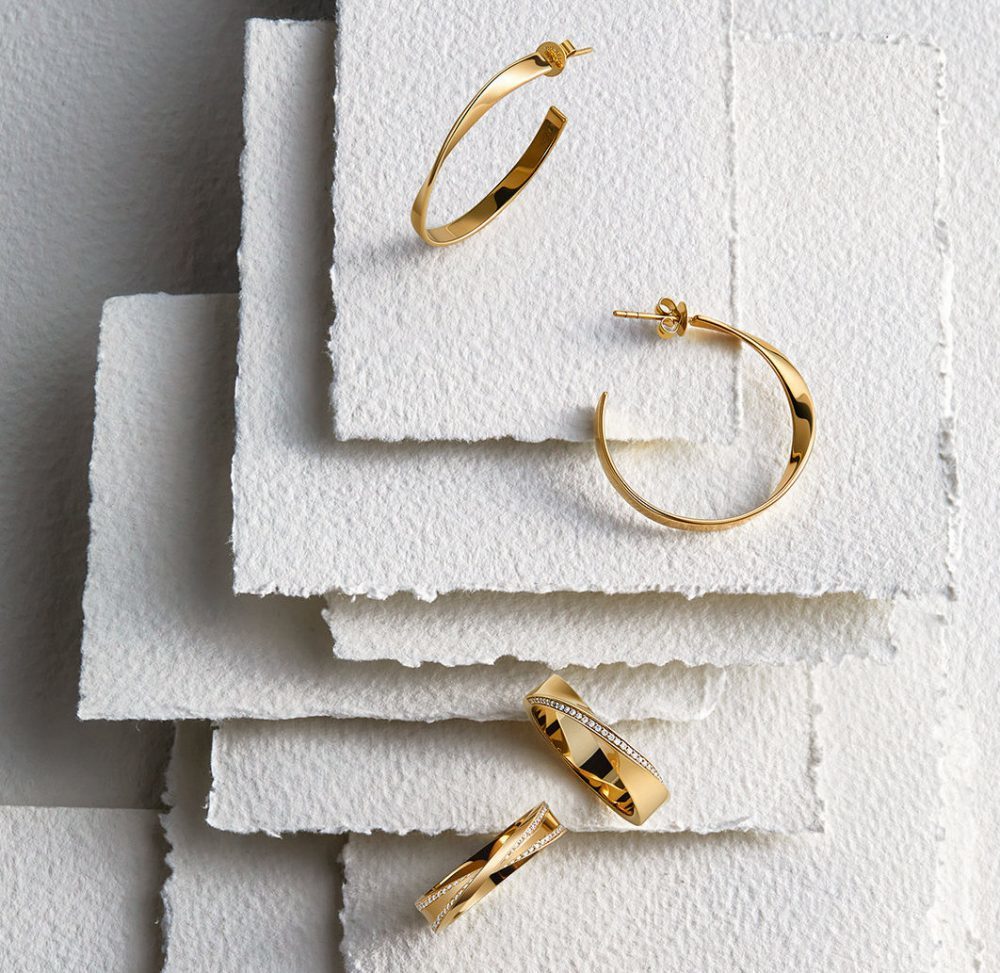
Above: YIN THE MOBIUS STRIP RINGS 2020
яНPhoto Credit: Speakers from the Forum
яНBy Mireya





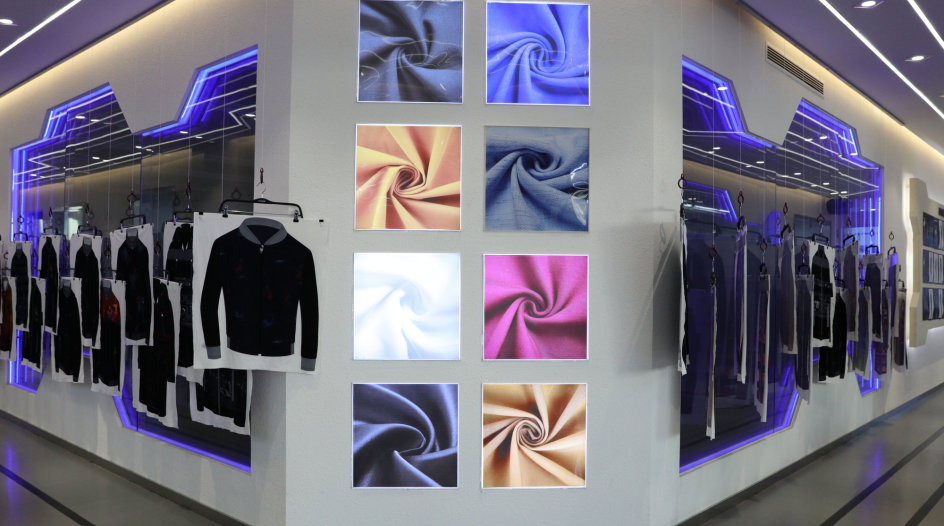






Comments